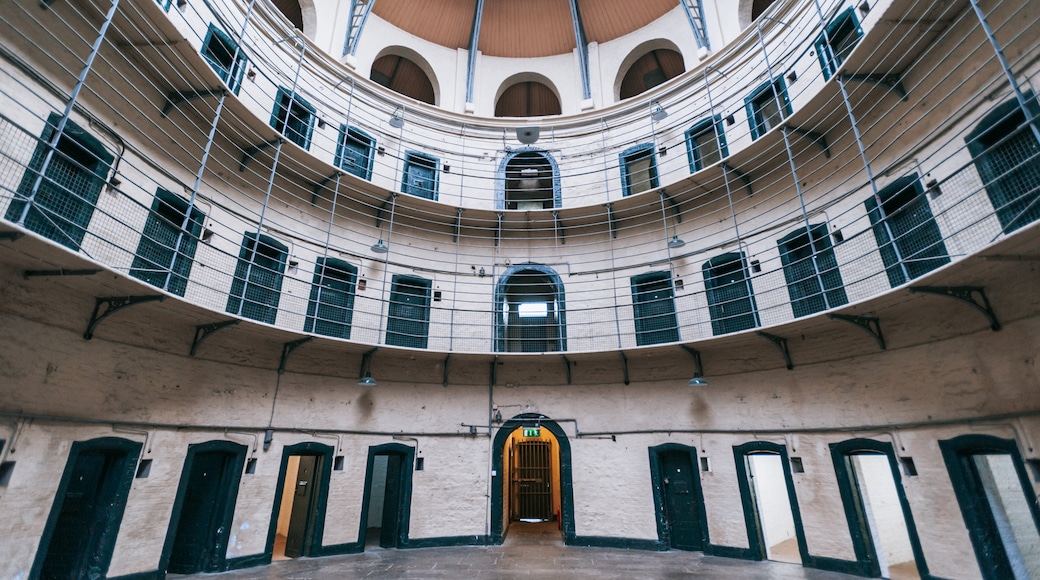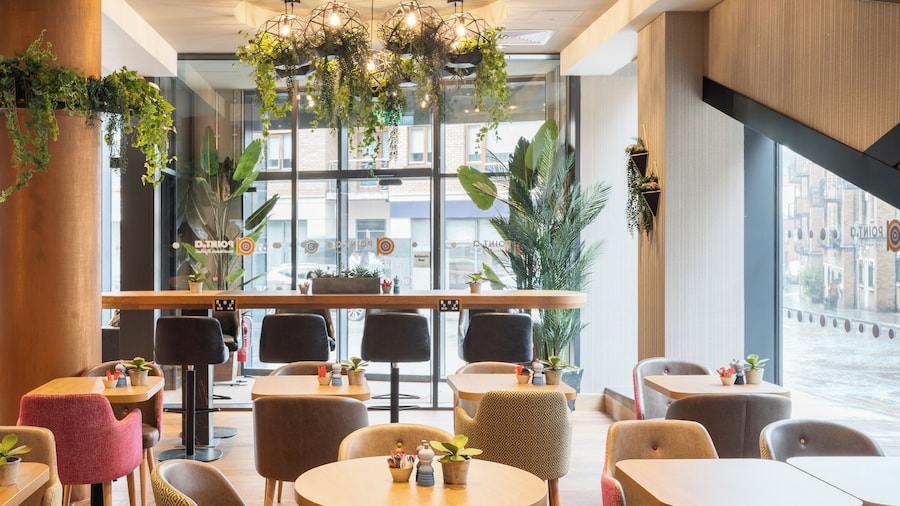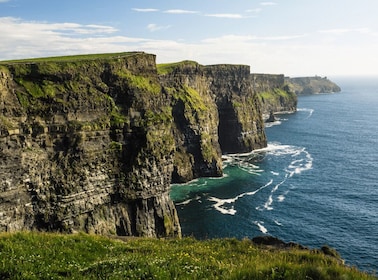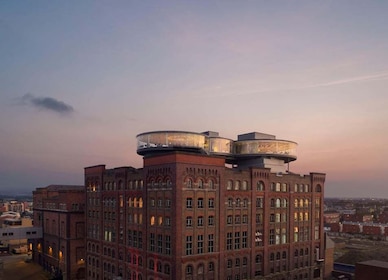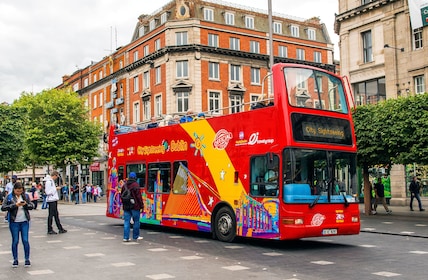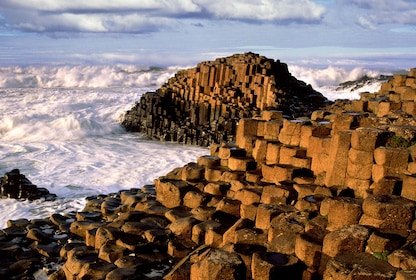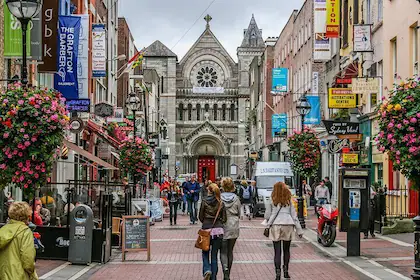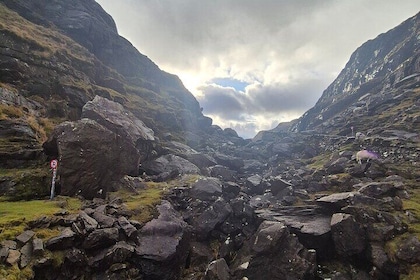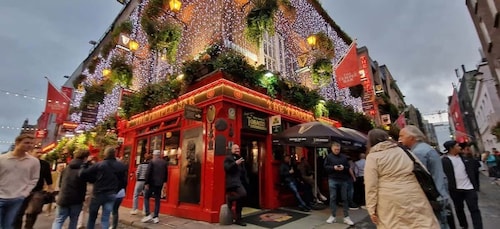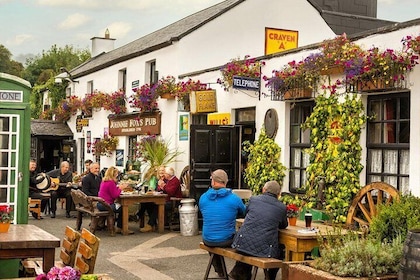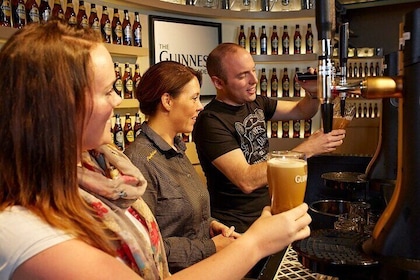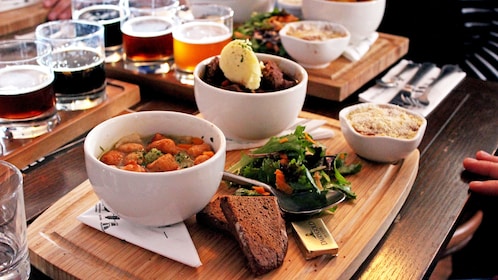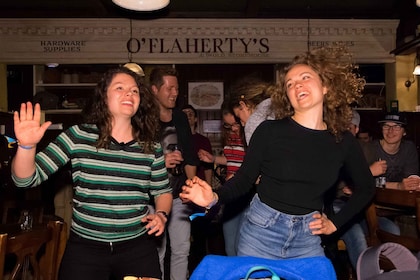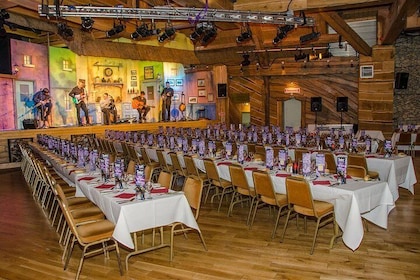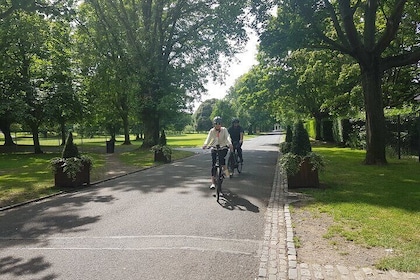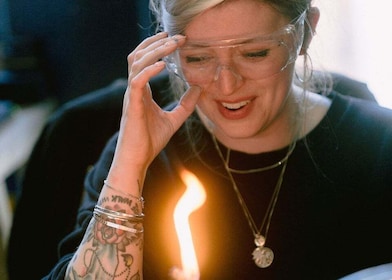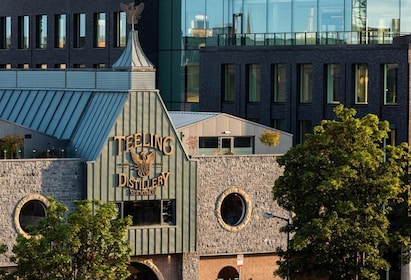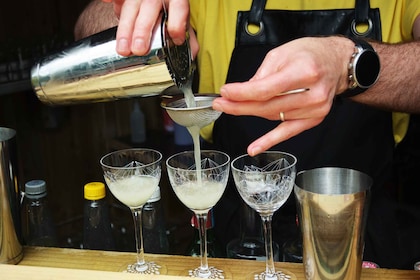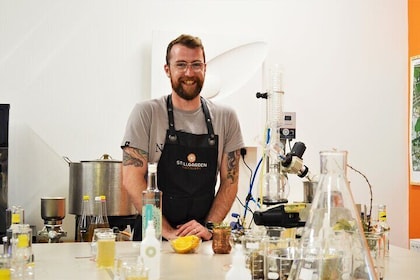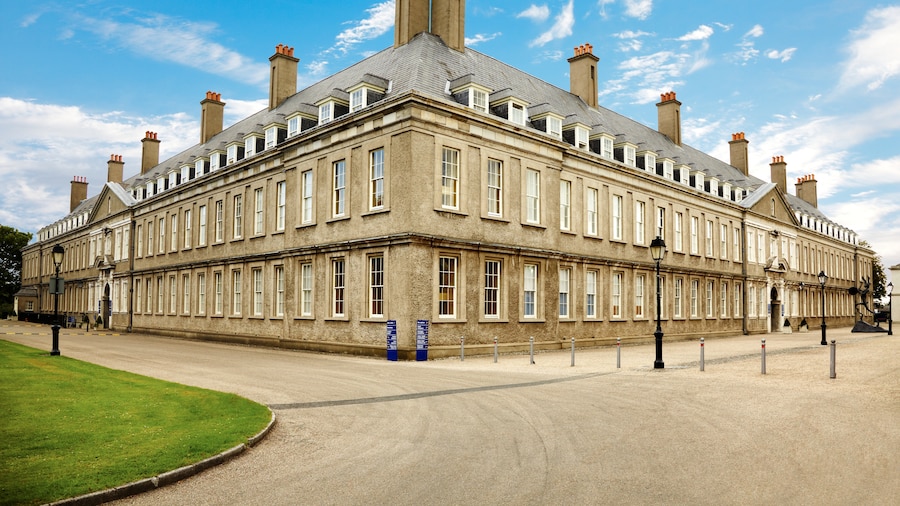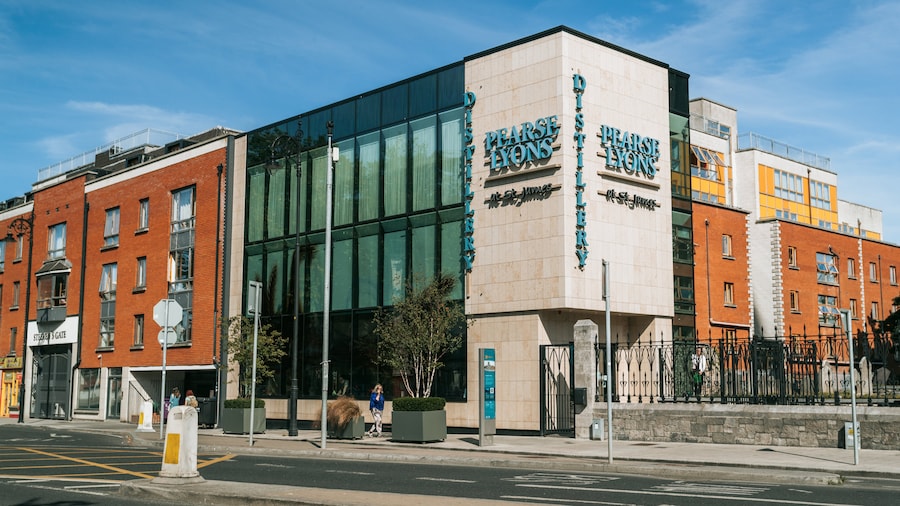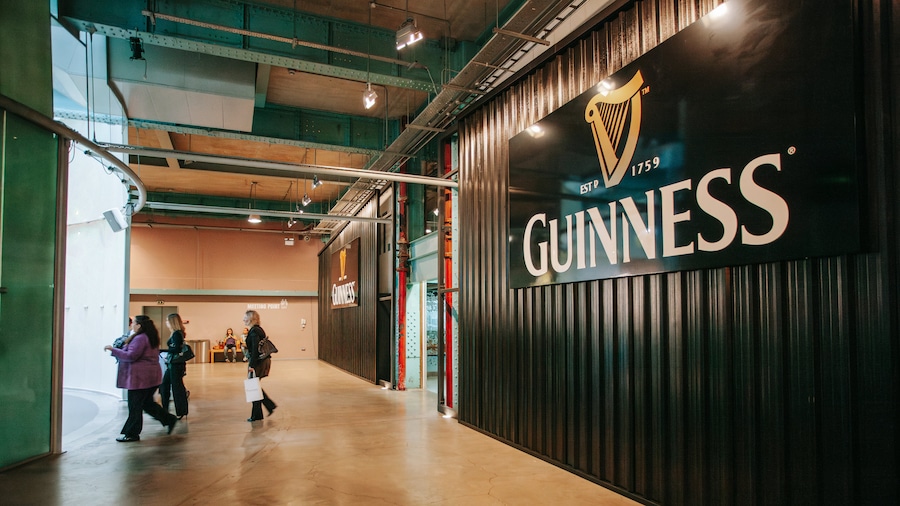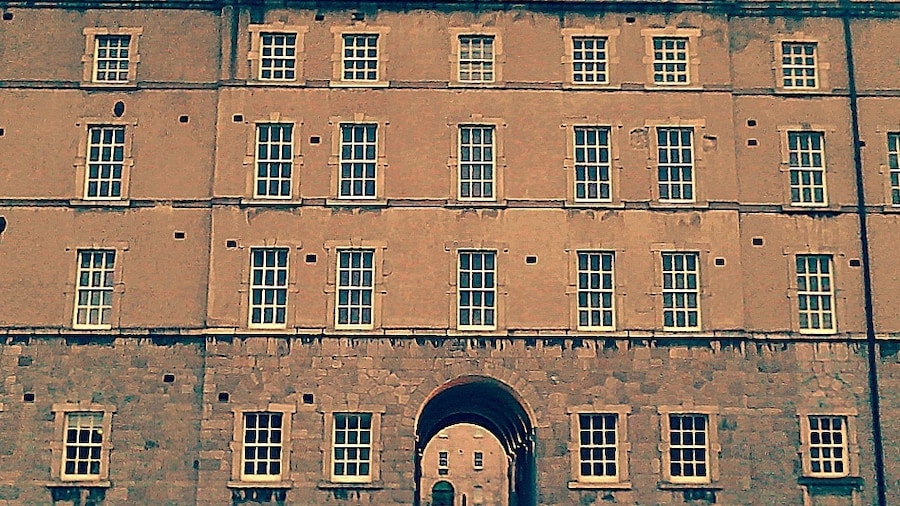Take a trip to the outskirts of Dublin for a detailed account of this chilling prison’s political and penal past.
Kilmainham is one of the largest unoccupied gaols in Europe. As well as offering a fascinating historical insight into prison life, the gaol details the history of the resistance to British rule in Ireland.
Kilmainham Gaol functioned as a prison for 128 years, from the 1790s to the 1920s, and during this time housed some of Ireland’s most infamous prisoners, including Padraig Pearse, Joseph Plunkett, Thomas Clarke and other members of the Irish Republican Brotherhood. The British imprisoned and executed these men, who led the 1916 Easter Rising, at Kilmainham Gaol’s stonebreaker’s yard.
The gaol was often overcrowded, with cramped conditions forcing up to 5 men, women and children to share the same cell, with a single candle between them for light and heat. The candle was expected to last for two weeks. When women did sleep separately from men, they experienced a vast difference in conditions – while men were provided with iron bedsteads, women slept on straw on the stone flags of their cells and the common halls.
Public hangings took place outside of Kilmainham in the gaol’s early days, although hangings were rare after the 1820s. A small hanging cell was built in 1891. Many of the prisoners who did make it out of the gaol alive were subsequently deported to Australia.
Tourists have been able to visit Kilmainham since it was restored in 1960. The tour lasts approximately an hour and takes in an audio visual display and a detailed exhibition of the prison’s past as well as the informative anecdotes of the group’s guide. Pay a visit to the top floor of the gaol, where paintings, sculptures and jewellery of Ireland’s contemporary inmates are on display.
Tickets for Kilmainham Gaol are available on a first-come, first-served basis, so arrive early to beat the queues and to avoid disappointment. The gaol is open from 9.30 a.m. daily or 10 a.m. on Sundays between October and March. It closes completely between Christmas Eve and Boxing Day. Located around 3.5 km outside of Dublin, Kilmainham is easily accessible by bus or tram.
